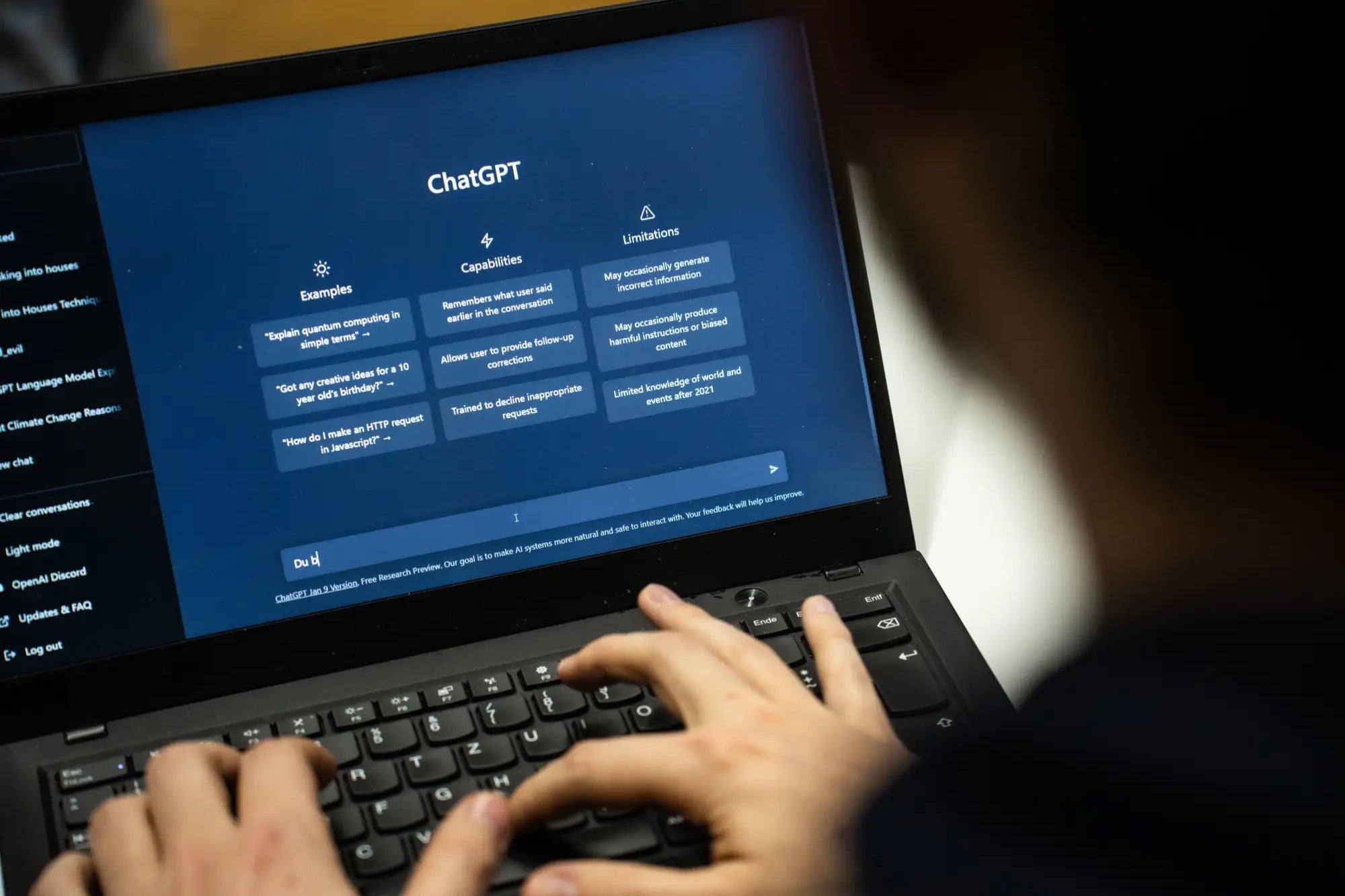How You Can Better Protect Your Privacy
Make sure you've done all you can to prevent identity theft by implementing these tips.
Opinions expressed by Entrepreneur contributors are their own.
The following excerpt is fromMark J. Kohler's bookThe Tax and Legal Playbook.Buy it now fromAmazon|Barnes & Noble|IndieBound|Entrepreneur Books
Four Stages of Privacy Protection
Privacy consultant J. J. Luna created a four-stage approach to removing your name and overall identity from the public eye. I love his approach, and through additional research and experience helping clients over the years, I've enhanced and expanded on the steps in these stages.
Level One.The first stage calls for simple and economical moves that will give you more privacy than most of the general population.
Level Two.At this point, you'll place your home, vehicles, and rental properties in anonymous LLCs or trusts, adding to your pre-established asset protection or estate plans. Accounts for utilities, smart phones, and other electronic devices will be in alternate names. You'll use a P.O. Box or a service like Mail Boxes Etc. for all correspondence.
Level Three.You'll probably move to reset your personal information in all databases, and only your closest relatives and friends will know your address, which will no longer appear on your tax return, other government documents, or anywhere else.All email and internet activities will be undercover, and you'll adopt several aliases to use when necessary.
Level Four.At this level, you're duplicating the Federal Witness Protection Program. When the feds do it for a witness or felon, it's completely legal. When you do it for yourself, it's not. These extreme measures may be worth taking if there's a bounty is on your head. However, someone with enough money could eventually find you.
Given the illegality of Level Four, I'll focus on the first two levels, as well as provide the basics of Level Three.
Level One Security: Basic Habits
There are many small ways we can change our habits and daily activities to better protect our privacy. Here are the 13 easiest and most important items that almost everyone can implement right now:
1. Pay for a credit bureau tracking service and carefully monitor any activity they find.
2.Keep the following critical data, for both you and your family members, under a watchful eye and in secure areas:
- Social Security numbers
- Driver's licenses, including the numbers
- Credit cards
- Bank account numbers
- Business tax ID numbers
- Insurance policy numbers
- Tax information
- Birth certificates
- Firearm licenses
3. Invest in a safe deposit box or fireproof safe for the house, and place important papers in it.
4. Go paperless with an encrypted cloud hosting service to store all your data.
5. Copy all contents of your wallet, and keep in an encrypted cloud service, safe, or safety deposit box.
6. Confirm that all firearms are properly registered and that the licenses are protected from theft.
7. Move the contents of the glove compartment in your car to a locked box in the trunk.
8. Consider the significance of the content you share on social media.
9. Protect your incoming and outgoing mail, which might have sensitive information in it.
10. Shred important documents and sensitive information with a quality cross-cut shredder at home and in your office.
11. Install antivirus software on all business and family computers.
12. Don't keep sensitive information on laptops or smart phones.
13. Remember to log out of your computer at home and at work, and use a security measure like a password or pass code on your mobile phone.
By implementing these easy measures, you'll be doing far more to protect your important data and your identity than most other Americans, thus making yourself a difficult target for the average criminal.
Level Two Security: Trusts and Privacy LLCs
Certainly this next level takes more effort, funds, and commitment, but it may be an important step depending on your assets, lifestyle, public presence, or liability exposure. At this stage, it's often critical to form a trust in which you don't personally serve as a trustee or a privacy LLC, which is an LLC in a state that doesn't disclose the LLC manager, its members, or owners.
Keep in mind that you're not using this trust or LLC for tax purposes; everything is fully disclosed to the IRS. Moreover, if you get into a lawsuit, the purpose of this trust or LLC is not to hide from a court or bankruptcy trustee or from opposing counsel in a deposition.
After setting up one or more of these more private structures or entities, here's a list of four more aggressive steps you can implement to take your security to the next level:
1. Set up a P.O. box or a mailbox at a commercial mail receiving agency (CMRA), like Mail Boxes Etc. or The UPS Store, for your personal and business mail.
2.Transfer your home, investments, and other necessary assets to a trust or privacy LLC.
3. Establish an alternate name or alias and, when possible, use it for entering into contracts for things like mobile phones and utilities. Be careful not to violate any laws. Remember, privacy, not fraud, is your goal.
4. Never give out your Social Security number, address, or personal data toanyoneexcept a government agency that absolutelymusthave it.
Level Three Security: Ghost Address and Cash Only
Certainly this level takes a tremendous amount of work and attention to detail. If you're living at this level of security, your habits and daily procedures will be significantly impacted. In fact, it may even require you to move from your current home to "reset" a lot of your personal information that's in the public eye. However, you may need to go to this level if you have a stalker, criminal, or general threat to your safety or financial security. The following are basic guidelines for Level Three:
1. Obtain a ghost address. This is similar to a P.O. box or CMRA but is actually a physical address you can give to others as necessary.
2.移动,购买回家现金,或rent with an alias, and use your ghost address for any utilities or paperwork.
3. Pay for everything with cash.
4. Set up email under an alias.
5. Use your alias more aggressively—but always legally—to maintain personal privacy.
6. Follow specific rules when traveling. There are numerous privacy blogs where you can learn tips for what information to share when booking travel.
7. Havenoinformation about yourself or your work habits in public view. Close your Facebook account.











